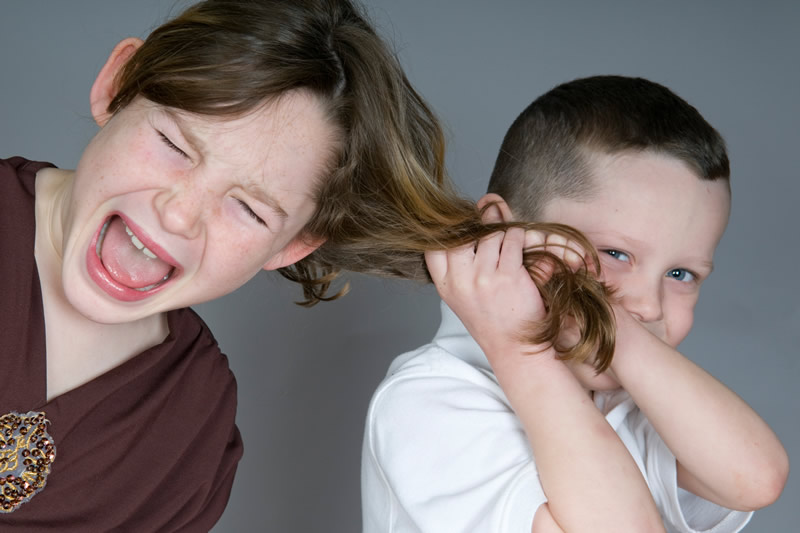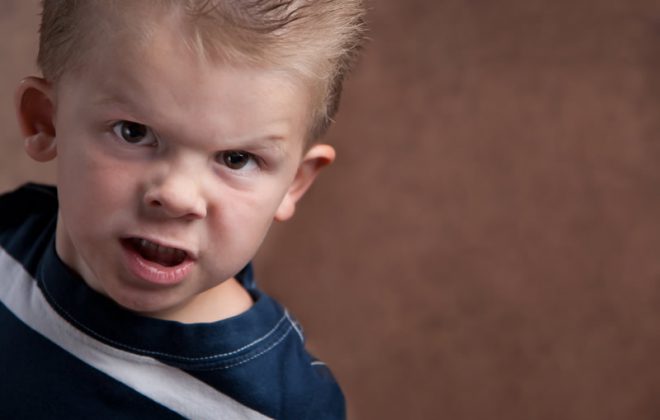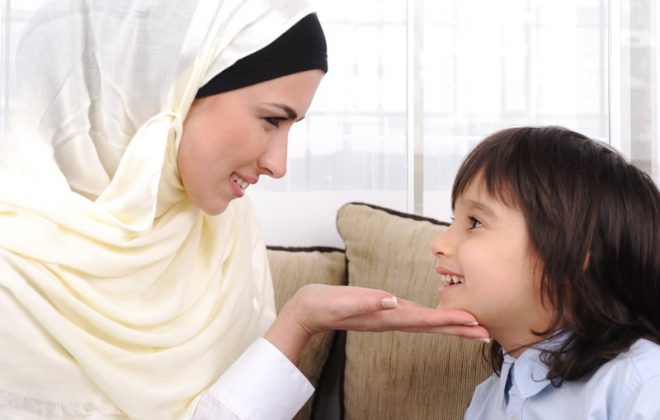Ep21 – Why we Discipline Children
Of all the topics I discuss with parents about their children, discipline is by far the most contentious. Some parents have a lot of trouble accepting that their own opinion may be wrong. Others have a lot of trouble reconciling different attitudes of their spouse to those of their own. Yet the paediatric and psychology worlds have well developed principles in regard to discipline based on decades accumulating a vast array of research and thinking. So let’s have a think about what it actually is and why we do it.
Key points
- Discipline is an opportunity to guide and teach our children.
- Punishment is only a small part, and a not very effective part, of discipline.
- What was “good enough for you” might not be good enough. Be better.
- Provide guidance and warmth.
- In addition to safety, we discipline to instil self-control.
The first thing we need to do is to define what we are actually talking about. The word discipline comes from the Latin disciplina, which means to teach (as in The Disciples, who taught the teachings of Jesus). The purpose of discipline is to guide and teach our children — so they know what is allowed and what is not allowed, what works in the world and what does not.
So, to discipline is to teach.
We can teach our children in a whole variety of ways. Praise and encouragement (of wanted behaviours) are actually forms of discipline (and the most effective). However, when our child is doing something that they should not (an unwanted behaviour), they need to learn that this is the case and we have to get this message across to them.
The way we deliver this message is:
unwanted behaviour = unwanted (by your child) outcome
And what do children want most in the world? The attention and approval of the people who give them strength — their parents. They also want other stuff (this is why there is a place for natural consequences, which will be discussed later) but this is secondary. It is also why punishment is only a small part, and a not very effective part, of discipline.
Avoid repeating your own experience
However, these principles are fighting against some big time old school parenting ideas. ‘Well, if it was good enough for me…’; ‘I was smacked / strapped / grounded / put in a broom closet, and it never did me any harm’; ‘When my father strapped me, I took notice.’
We can do better than that. If we keep in mind our central objective with discipline is to guide and teach, and that children crave our attention and approval, then why, when and how we discipline will naturally follow.
Why do we discipline?
If we recall our fundamental approach to parenting is to provide guidance+warmth then we see how central guidance and teaching (ie discipline) is. Our children have a deep need for guidance, and they will repeatedly get things wrong, even when they’ve been instructed previously. We need to be realistic here. Our kids are learning from us, and have their L plates on.
If we fail to offer this instruction and guidance we can end up with a child without boundaries. A wild child. We need to avoid this for everyone’s sake – most of all the child’s. If you go out into the world without a sense of boundaries, what is allowed and not allowed, you’re on a hiding to nothing, because this is how the world works. A child without boundaries will get hammered.
Alternatively, we can expect too much of our kids. Children do not always have control over their unwanted behaviour. This is a very important thing to be aware of! Remember, the thing our kids want most to do is please us. So when they behave badly, we need to think about the reasons behind that behaviour. This allows us make a more considered and effective response. We’ll be showing true leadership to our child, not merely managing the unwanted behaviour. We’ll be showing them the way.
The reasons for discipline
There are basically two reasons for discipline:
- Safety (this must always come first, but is rarely needed). The more immediate the danger, the more appropriate it is to use commanding communication. (‘Get away from the edge, now!’; ‘Put down that knife, straight away!’). It is for these relatively rare situations we should ‘save up’ this type of language— if we only use this style of communication occasionally then it’s more likely to be effective at these important times. In this situation we really want them to take notice of us immediately — to step back from the edge — we want 100% reliability that our child will hear us and take notice of us completely and instantly. Keep your ‘commanding language’ powder dry.
Even a near miss can become a learning experience. A ‘debrief’ after the event will allow your child to reflect on the experience and offer their interpretation of events, which earlier was not possible because safety was of paramount importance.
- To teach self-control. This is the main game. This is what we want our kids to learn: to become masters of their own domain. Once they develop self-control then the unwanted behaviour disappears and discipline is no longer required. For example, if a small child learns that whacking another child at the childcare centre results in an outcome she doesn’t want (being ignored or the toy the two were fighting over being confiscated) then it’s less likely she’ll do it again. It may, however, take more than one occasion for this particular penny to drop!
So, with discipline, we are doing it to teach our kids, not to bash them into line. If we have this as our guiding principle— that we are there to help them learn— then the way we approach discipline will result in a much more cooperative, pleasant and effective outcome.





